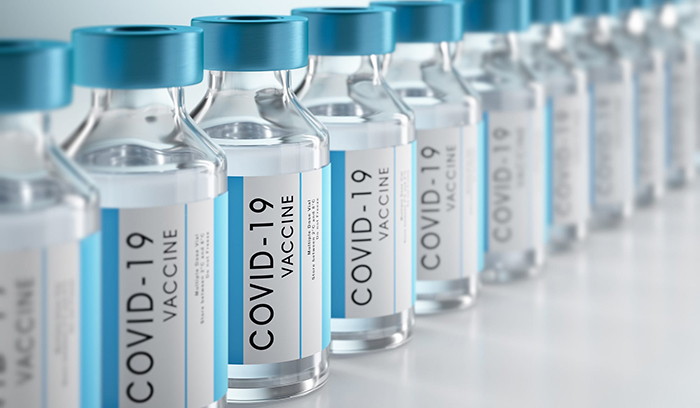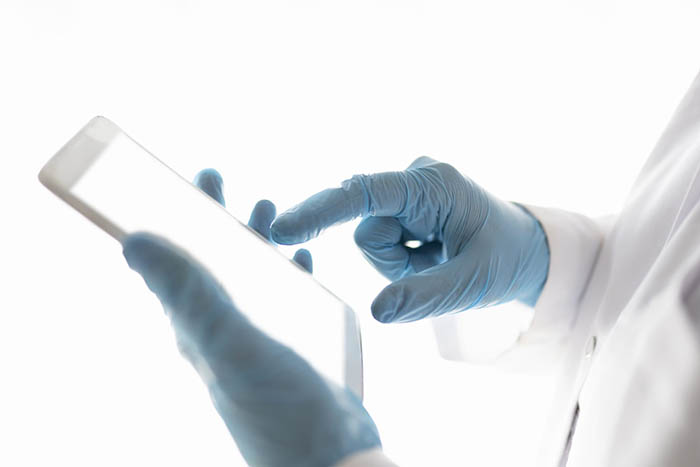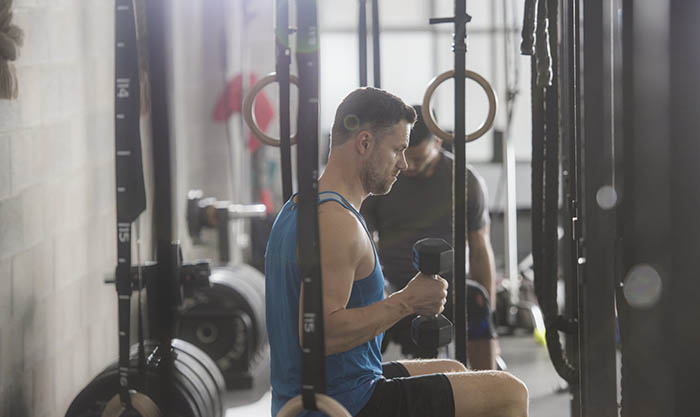Is it safe for me to have transplant surgery, another medical procedure or an office visit during the COVID-19 outbreak?
Decisions to proceed with surgery, a procedure or office visit are made on a patient-by-patient basis. Your physician understands your medical condition best. If he or she recommends that you go ahead with a transplant, procedure or in-person office visit, it is only after carefully considering the benefits, risks and alternatives.
Emory Healthcare has taken many steps to help ensure your safety during this time. Despite the impact COVID-19 has had in the clinic and hospital environment, our team completed 57 transplants in June. We continue to work with the Emory Healthcare system to provide transplant surgeries as resources allow.
What is Emory Transplant Center doing to keep patients safe?
Since the COVID-19 outbreak, we have set up many practices to protect patients, physicians and staff members from contracting the virus. For example, we:
- Screen all patients and visitors for symptoms, including a temperature check, each time they enter one of our facilities. Staff and physicians also undergo regular temperature checks and symptom screenings.
- Require patients, visitors and staff to wear a mask while in any of our facilities.
- Maintain a strict “no visitor” policy for inpatients (read our complete Visitor Policy).
- Use telemedicine whenever possible, to reduce unnecessary clinic visits.
- Restructured our transplant clinic scheduling practices to space out appointments and keep patients at a safe distance in our waiting rooms. This will help us see more patients, reduce wait times for clinic appointments and enhance patient safety and satisfaction.
Are transplant candidates and organ recipients at higher risk of getting COVID-19?
According to the American Society of Transplantation, we do not yet have specific information on whether COVID-19 infection will spread more easily among transplant candidates or recipients. However, experts are worried that this may be the case since chronic disease or immunosuppression usually lowers the amount of virus needed to cause infections. Most reports so far indicate transplant recipients are getting COVID-19 from the community, although frequent contact with the health care system may also be a risk.
What should transplant candidates and recipients do to protect themselves from COVID-19?
We hope you will take every precaution possible to avoid getting COVID-19. According to the American Society of Transplantation, transplant candidates and recipients should:
- Wear a mask or cloth face covering
- Avoid crowds and large gatherings
- Practice social distancing
- Wash their hands often
If you have general questions about COVID-19, please call the Emory Healthcare COVID-19 response line at 404-712-6843. If you are concerned that you have been exposed to someone with COVID-19, please call your transplant care team directly at 855-366-7989.
Will you test me for COVID-19 before transplant surgery?
Yes, all patients undergoing transplant surgery are tested for COVID-19 within 48 to 72 hours of surgery.
I’m on the transplant waitlist. Will the COVID-19 outbreak make my wait longer?
It is difficult to answer this question for individual patients. However, if you test positive for COVID-19 when you are offered an organ for transplant, you likely will not be able to safely proceed to transplant at that time. That’s why it’s so important for you to do all you can to protect yourself from COVID-19.
What should I do if I test positive for COVID-19 while I am on the transplant waitlist?
If you test positive for COVID-19 while on the waitlist, follow the recommendation of care by your local health care team. Also, inform your transplant center of your status. If your symptoms do not require medical attention, please remain at home while you recover. This will minimize the risk of you infecting others.
I am going to be a living donor. What are your recommendations for me as I wait for my surgery?
Please avoid crowds and wear a mask when in public for the two weeks prior to your surgery date. This will minimize the possibility of getting COVID-19. We test all living donors and organ recipients for COVID-19 within 48 to 72 hours of surgery. If either person tests positive, we will have to delay surgery for at least two weeks.
Are you testing donor organs for COVID-19?
Yes, each Organ Procurement Organization that provides the organ offers routinely tests each donor for COVID-19 just prior to donation.
Can I get COVID-19 from a donated organ?
While it is always possible to contract COVID-19 or other infections from a donated organ, all donors are tested using very sensitive tests for COVID-19 just prior to donation to greatly minimize this risk.
For answers to additional questions or for more information about the Emory Transplant Center, call 855-366-7989.




